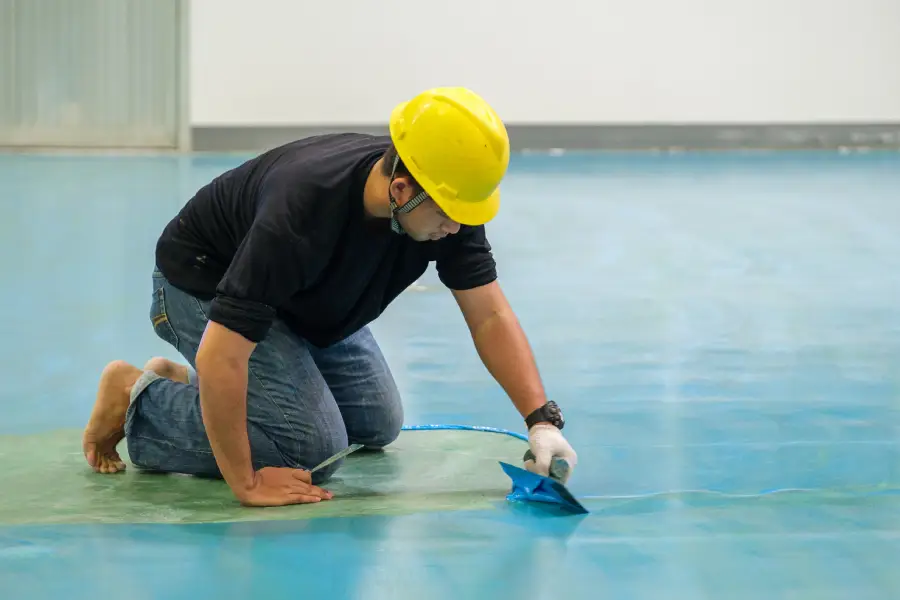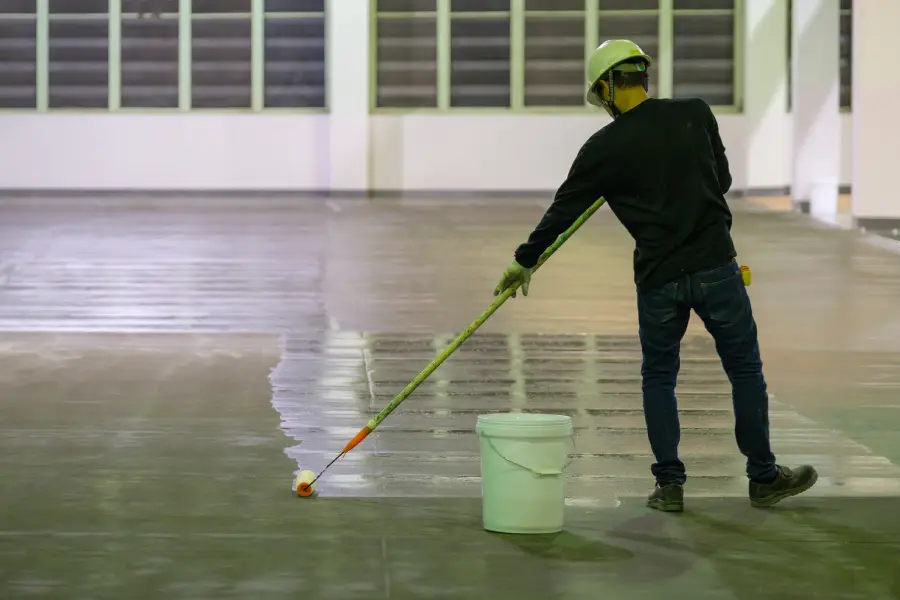Understanding the Essential Role of Durable Flooring in Factories
Manufacturing facilities rely heavily on durable flooring solutions to withstand the demanding conditions present in these environments. Among various options, epoxy flooring stands out due to its strength and versatility. This type of flooring is known for its ability to resist wear and tear while providing a safe and clean surface for workers. Understanding how this flooring can be applied in manufacturing settings is crucial for facility managers looking to maintain high operational standards.
Key Benefits of Using Epoxy Flooring in Factories
When it comes to manufacturing facilities, industrial epoxy flooring provides numerous advantages. One major benefit is its durability. This flooring can handle heavy machinery without cracking or chipping, ensuring a long lifespan. Additionally, it offers excellent resistance to chemicals, which is vital in factories where spills may occur. Another benefit is its ease of maintenance; the smooth surface makes cleaning quick and efficient.
Challenges That May Arise With Flooring Choices
Choosing the right flooring for a manufacturing facility involves several challenges. For instance, floors must withstand extreme temperatures and chemical exposure. Not all flooring types can handle these conditions effectively. Some options may also require frequent repairs, leading to downtime and increased costs. Recognizing these challenges helps managers make informed decisions regarding their flooring investments.
Effective Solutions for Overcoming Flooring Issues
To address common flooring challenges, many facilities turn to industrial epoxy flooring as their solution. This flooring type offers unparalleled resilience against physical and chemical stresses. By selecting epoxy, facilities can reduce maintenance needs and avoid costly disruptions. It’s important to consult with professionals during installation to ensure optimal performance and longevity.
Best Practices for Installing Durable Floors
Implementing best practices is key when installing any new floor system. First, proper surface preparation ensures strong adhesion between the concrete substrate and the epoxy layer. Next, applying multiple coats enhances both thickness and durability. Working with experienced installers guarantees adherence to industry standards, resulting in a flawless finish.
- Prepare surfaces thoroughly before application
- Apply multiple layers for added strength
- Work with skilled professionals for installation
Industry Standards and Compliance Requirements
Adhering to industry standards is crucial when installing flooring systems in manufacturing plants. Compliance ensures that floors meet safety regulations and can support daily operations. Common standards dictate slip resistance levels, impact resistance ratings, and environmental considerations such as VOC emissions. Meeting these requirements not only protects workers but also maintains compliance with legal obligations.
The Cost Factor: Balancing Investment With Returns
Budget considerations play a significant role in choosing factory flooring. While upfront costs of industrial epoxy flooring may appear higher than alternatives like vinyl tiles, the return on investment often justifies the expense. Epoxy’s durability minimizes repair expenses over time, making it an economical choice for long-term applications. Considering lifecycle costs alongside initial price aids in making financially sound decisions.
Your Pathway to Enhanced Facility Flooring
For those seeking reliable and durable flooring solutions, embracing innovative materials like epoxy offers numerous benefits. Contact Allure Epoxy & Paint at (226) 400-7074 for expert guidance tailored to your unique facility needs. Our team, based in Windsor, ON, specializes in delivering quality installations backed by years of experience in the field.


